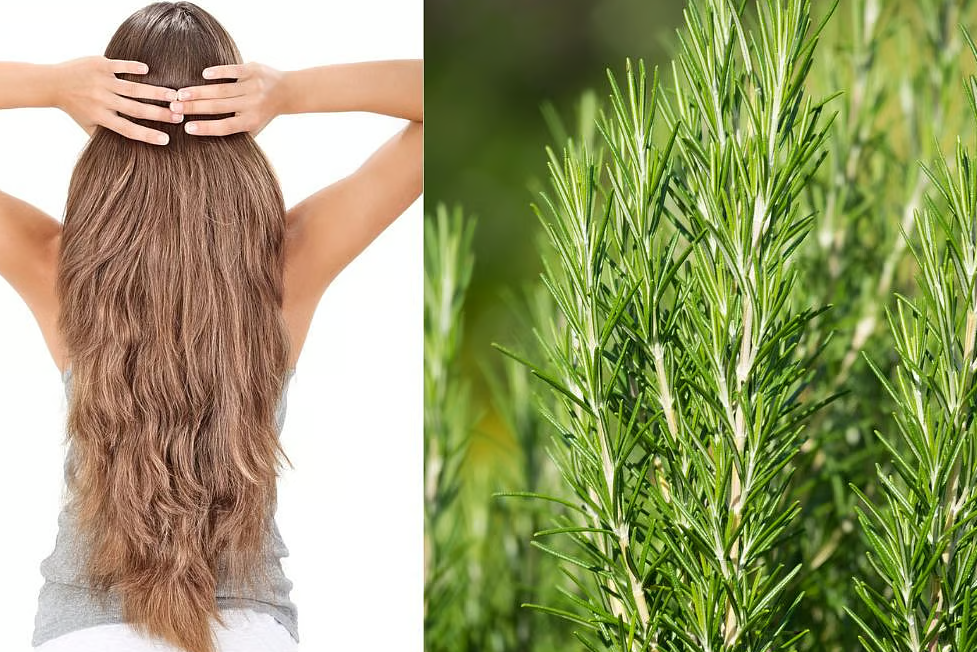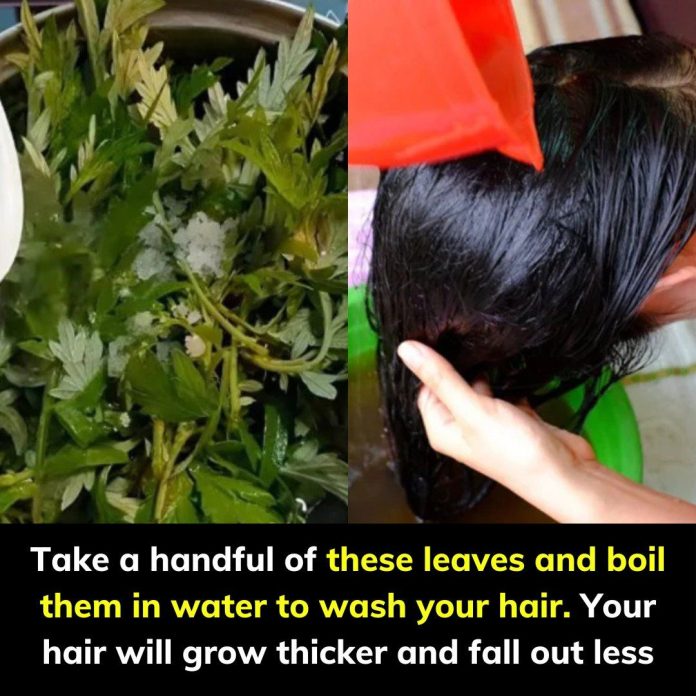In the quest for natural remedies to enhance hair health, herbal treatments have garnered significant attention. Among these, the use of boiled leaves as hair rinses has been a traditional practice in various cultures. This article delves into the efficacy of such methods, focusing on specific herbs like rosemary, nettle, and curry leaves, and their potential benefits for promoting thicker hair and reducing hair fall.
Rosemary: A Time-Honored Herb for Hair Growth
Rosemary has long been celebrated for its medicinal properties, particularly in hair care. Studies suggest that rosemary may improve blood circulation to the scalp, thereby reducing inflammation and creating a conducive environment for hair growth. Notably, research indicates that rosemary oil applied to the scalp increased hair strand count more effectively than minoxidil, a common ingredient in hair loss treatments. This positions rosemary as a promising natural remedy for androgenetic alopecia, a prevalent form of hair

Nettle Leaves: Nutrient-Rich Allies for Hair Health
Nettle leaves are rich in vitamins A, B, C, and essential minerals that contribute to hair strength. Traditionally used in various cultures, nettle tea serves as a hair rinse believed to promote hair growth and reduce hair fall. The process involves steeping nettle leaves in boiling water, straining the mixture, and using it as a rinse post-shampooing. Users have reported noticeable improvements in hair thickness and overall health with regular use.
Curry Leaves: Traditional Remedies Under Scientific Scrutiny
Curry leaves have been traditionally used in hair care practices, with the belief that their rich nutrient profile can prevent hair thinning and loss. While anecdotal evidence supports their efficacy, scientific validation is limited. The hypothesis is that the antioxidants and B vitamins in curry leaves may play a role in melanin production and follicle health, potentially impacting hair vitality.
Clove Water: An Emerging Natural Solution
Clove water is gaining popularity as a natural remedy for hair growth. Cloves possess antimicrobial and antifungal properties, which can help maintain a healthy scalp environment conducive to hair growth. While more research is needed, preliminary findings suggest that clove water may be beneficial in promoting thicker hair and reducing hair fall.
Application Methods for Herbal Hair Rinses
To harness the benefits of these herbs, the following steps can be employed:
- Preparation: Boil a handful of the chosen herb (rosemary, nettle, curry leaves, or cloves) in water for approximately 5-10 minutes to extract their beneficial compounds.
- Cooling and Straining: Allow the mixture to cool to a comfortable temperature, then strain to remove solid particles.
- Application: After shampooing, pour the herbal infusion over the scalp and hair, ensuring thorough coverage.
- Massage and Rinse: Gently massage the scalp to stimulate circulation, leave the rinse on for a few minutes, then rinse with cool water.

Considerations and Precautions
While herbal rinses offer a natural approach to hair care, individual results may vary. It’s essential to conduct a patch test before full application to rule out allergic reactions. Additionally, consulting with a healthcare professional or dermatologist can provide personalized advice, especially for those with underlying scalp conditions or persistent hair loss concerns.
In conclusion, incorporating herbal rinses made from boiled leaves like rosemary, nettle, curry leaves, or cloves into your hair care routine may offer benefits in promoting thicker hair and reducing hair fall. While traditional practices and preliminary studies provide promising insights, further scientific research is warranted to substantiate these claims fully.

















